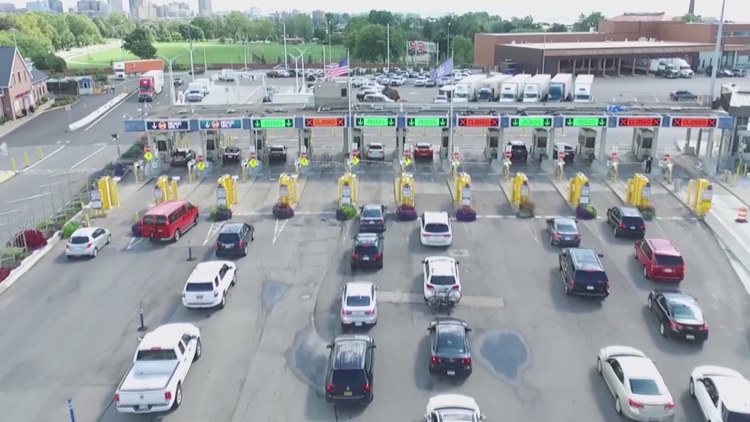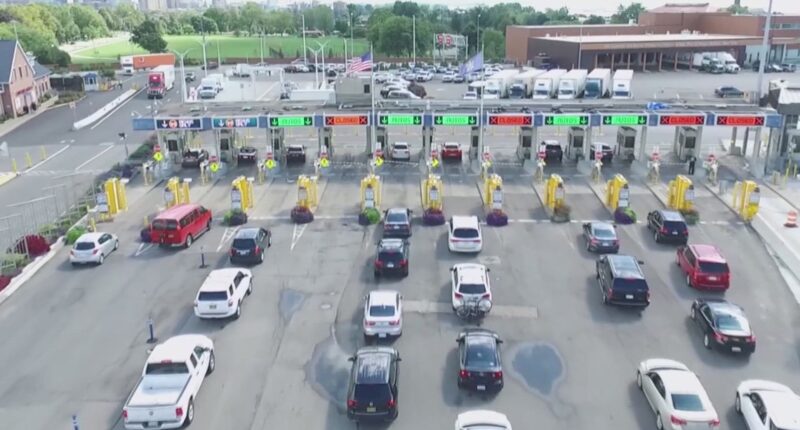
We are asking a lawyer how you can protect your phone and data privacy at the U.S. border.
BUFFALO, N.Y. — There have been reports of people being turned away at airports and border crossings over messages found on their phones and laptops.
According to attorney Kevin Burke Jr. from Gross Shuman P.C in Buffalo, Customs and Border Protection officials have the authority to request access to your electronic devices such as phones and laptops. They can inspect the content on your devices, and if they find anything they deem suspicious or potentially illegal, they have the right to confiscate your phone.
Closer scrutiny at the border is happening, especially for anyone not born in the United States.
Burke advises that individuals can limit the extent of the inspection by logging out of personal accounts like email before granting access to the devices. If asked to review particular data, it is recommended to comply by saying something along the lines of, “Yes, officer, I will provide that information for you.”
Some of his business clients have been asked to turn over their cell phones or have their laptops reviewed.
The political climate and crackdown on illegal immigrants is part of the reason for the increased scrutiny.
Kevin Burke Jr. further explains that Border Patrol agents specifically look for strong positions taken on controversial topics such as conflicts in Gaza or Ukraine, or opinions on tariffs. To avoid any issues during the inspection process, it is best to refrain from expressing extreme viewpoints that could potentially lead to further scrutiny or denial of entry.
We also found this general statement and information on the U.S. Customs and Border Protection website. :
U.S. Customs and Border Protection (CBP) is responsible for protecting our nation’s borders and enforcing numerous laws at U.S. ports of entry. CBP’s ability to lawfully inspect electronic devices crossing the border is integral to keeping America safe in an increasingly digital world.
All travelers crossing the United States border are subject to CBP inspection. On rare occasions, CBP officers may search a traveler’s mobile phone, computer, camera, or other electronic devices during the inspection process. These searches have been used to identify and combat terrorist activity, child pornography, drug smuggling, human smuggling, bulk cash smuggling, human trafficking, export control violations, intellectual property rights violations and visa fraud, among other violations. Furthermore, border searches of electronic devices are often integral to determining an individual’s intentions upon entry to the United States and thus provide additional information relevant to admissibility of foreign nationals under U.S. immigration laws.
CBP has established strict guidelines, above and beyond prevailing legal requirements, to ensure that these searches are exercised judiciously and responsibly and are consistent with the public trust.
The number of travelers crossing the border that experience a border search of their electronic devices is small. In Fiscal Year (FY) 2024, less than 0.01 percent of arriving international travelers encountered by CBP at a port of entry had their electronic devices searched. Additional statistics are available in the Frequently Asked Questions below and Relevant Policies and Documents box to the right of this page.

















